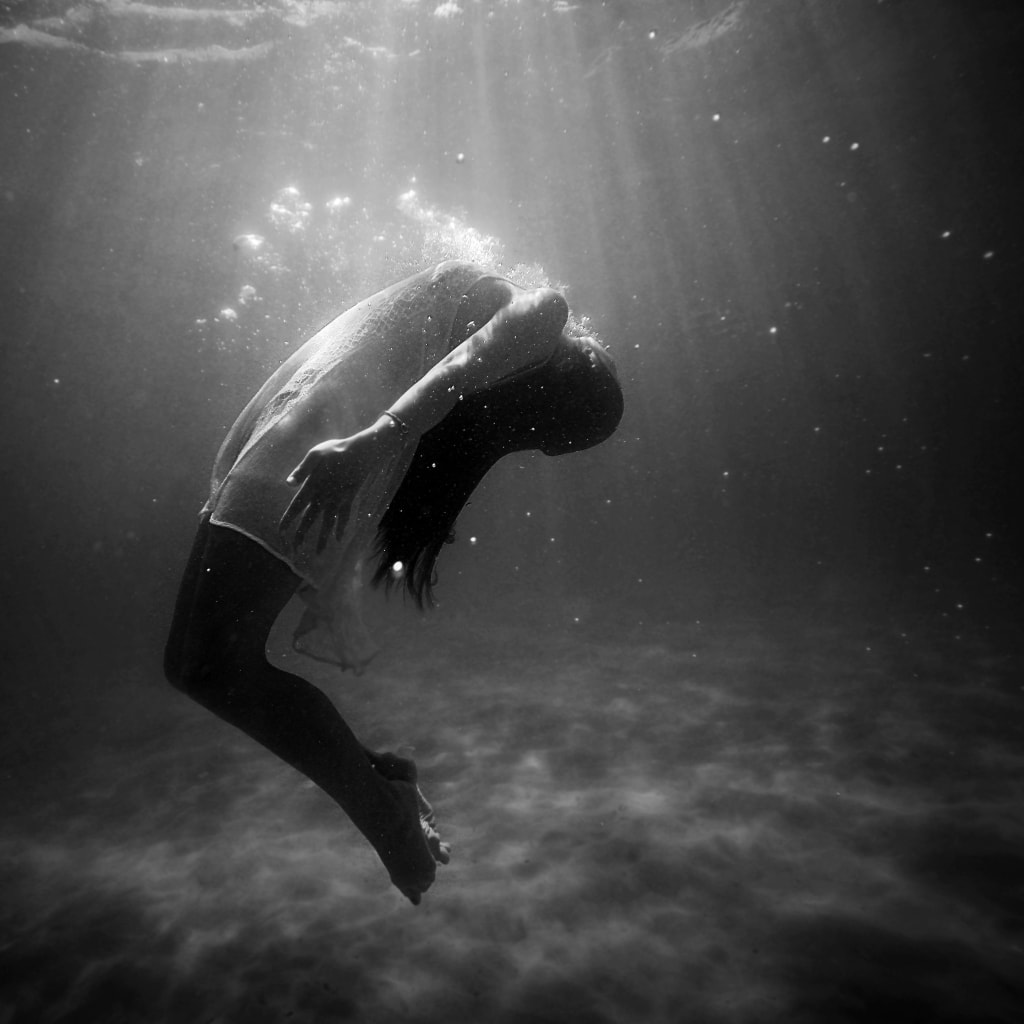What If You Wake Up After Being Pronounced Dead?
Unraveling the Mysteries of Existence

The modern human experience is framed by an average life expectancy of around 73 years, amid a global population that has surged to approximately 8 billion individuals. Against this backdrop, some 60 million people pass away annually. Despite birth rates that outpace mortality, the global populace continues to expand. Yet, within the current echelons of human evolution and advancement, death remains an immutable reality.
Consequently, humanity finds itself perpetually confronted by the specter of impermanence, both at the individual and societal levels. This acute awareness of mortality serves as a fundamental driver behind human behaviors and aspirations. However, for a select few, circumstances align in such a way that they challenge the conventional narrative of death.
Surprisingly, there exists a myriad of interpretations regarding death, with clinical definitions varying across geographical regions. Primarily, death is categorized as either cardiopulmonary cessation, marked by the cessation of heart function, or as brain death, denoting the cessation of brain activity. Yet, legal definitions of death lack universal standardization, resulting in a nebulous gray area between these two distinctions.
This ambiguity lays the groundwork for remarkable accounts of individuals awakening after being pronounced deceased. Take, for instance, the case of Walter Williams, whose revival after being prepared for burial due to Lazarus Syndrome defies conventional understanding. Similarly, the stories of Lyudmila and Angelo Hays, both declared dead prematurely, serve as poignant reminders of the uncertainties surrounding mortality.
In another instance, Li's apparent resurrection six days post-mortem stunned her community. The experiences of Velma Thomas and Jean Hilliard further challenge conventional notions of death, underscoring the enigmatic boundaries of life.
These narratives provoke deep reflection on the limitations of medical certainty and the potential for unforeseen recoveries. They underscore the imperative for continued research into the finality of death and the ethical considerations that arise from such investigations.
Despite the extraordinary nature of these occurrences, instances of awakening after death remain exceedingly rare. In most cases, medical diagnoses of death are reliable, albeit subject to occasional errors. Nonetheless, these anomalies serve as potent reminders of the fragility of our understanding of life and death.
Religious and spiritual traditions offer diverse interpretations of the afterlife, from notions of heaven and hell to concepts of reincarnation and spiritual transcendence. These beliefs provide solace and hope to many, offering a sense of continuity beyond the confines of physical death.
In recent years, advances in technology have opened up new avenues for exploring the possibility of life after death. From virtual reality simulations to artificial intelligence and robotics, scientists and technologists are increasingly exploring ways to preserve and extend human consciousness beyond the physical body. Projects like the Human Connectome Project aim to map the neural connections of the brain, providing insights into the workings of the mind and the potential for digital immortality.
However, the pursuit of digital immortality raises profound ethical questions about the nature of identity, consciousness, and the human experience. As technology advances, we are confronted with complex ethical dilemmas about the boundaries of life and the implications of extending consciousness beyond the physical body. Questions about autonomy, privacy, and the nature of consciousness in a digital age challenge our fundamental beliefs about what it means to be human.
In conclusion, the concept of life after death is a multifaceted and complex phenomenon that encompasses religious, philosophical, and scientific perspectives. From ancient religious beliefs in an afterlife to contemporary debates about digital immortality, humans have long grappled with questions about the nature of existence and the possibility of life beyond death. As technology advances, these debates will only become more complex, raising profound questions about the nature of consciousness, identity, and the human experience in a digital age.
About the Creator
Enjoyed the story? Support the Creator.
Subscribe for free to receive all their stories in your feed. You could also pledge your support or give them a one-off tip, letting them know you appreciate their work.






Comments
There are no comments for this story
Be the first to respond and start the conversation.